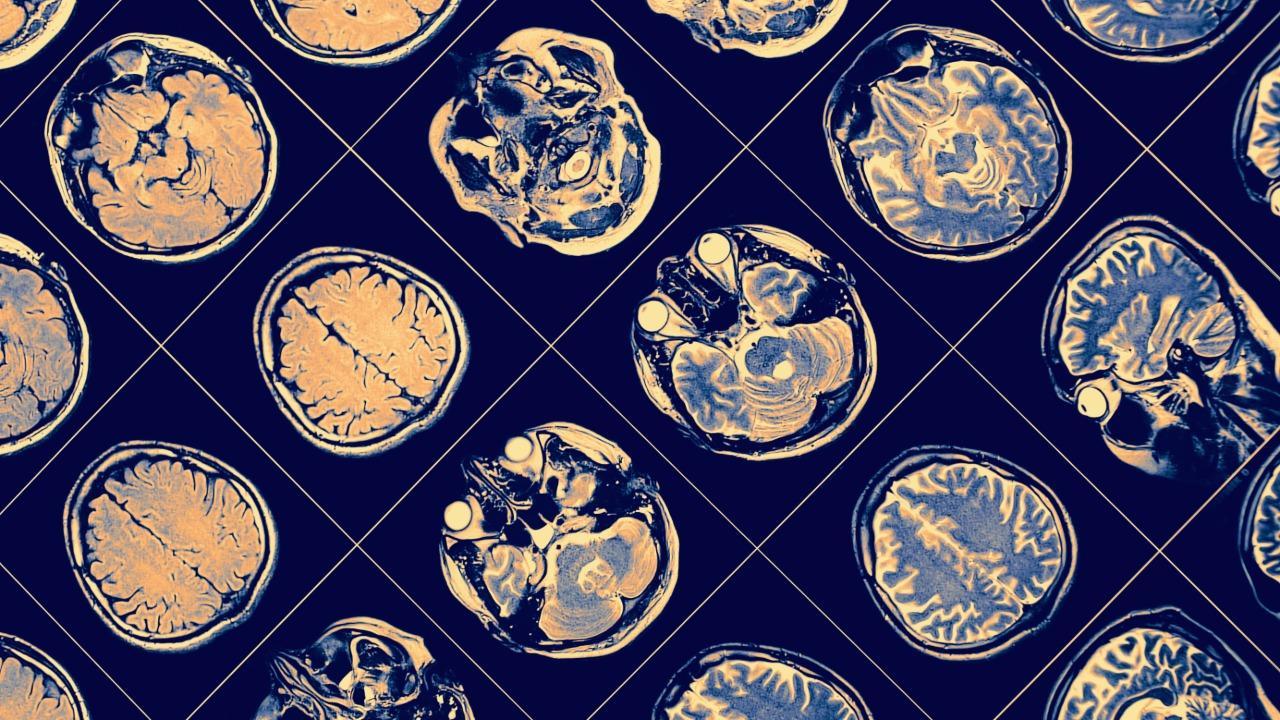The study, published in the journal Nature Communications, indicates that genetic risk factors are known to disrupt brain development in a number of these disorders, but little is known about which aspects of this process are affected

Image for representational purpose only. Photo: istock
A team of scientists has discovered new links between the breakdown in brain cell development and the risk of schizophrenia and other psychiatric disorders.
ADVERTISEMENT
The study, published in the journal Nature Communications, indicates that genetic risk factors are known to disrupt brain development in a number of these disorders, but little is known about which aspects of this process are affected.
"Genetic factors play a significant role in determining a person's risk of developing psychiatric disorders," said researcher Andrew Pocklington from Cardiff University.
"Uncovering biological processes impacted by these genetic risk factors is a major step towards understanding the causes of disease," Pocklington added.
To understand the root causes of psychiatric disorders, the team focused on studying the development of brain cells.
The team studied the birth and early development of human brain cells -- a process known as neurogenesis -- in vitro using human pluripotent stem cells.
They identified several sets of genes that are switched on during neurogenesis -- both in vitro and in the human foetal brain -- with each set appearing to play a distinct functional role.
The researchers showed that genetic risk factors contributing to schizophrenia and other psychiatric disorders were highly concentrated in these sets.
"In vitro experiments showed that when activation of these sets is disrupted, the shape, movement and electrical activity of developing brain cells are altered, linking changes in these properties to disease," the team said.
Disorders linked to disruption of these genes included both early onset conditions (developmental delay, autism and ADHD) and, more surprisingly, conditions with a later onset (bipolar disorder, major depression) for which disruption of early brain development is not generally thought to play a large role.
This raises the question of whether some of these genes -- which are first switched on long before birth -- remain active later in life and contribute to mature brain function, where they can potentially be targeted therapeutically.
Further work is needed to map out the full range of developmental processes disrupted in different psychiatric disorders and explore their longer-term effects on the brain the team said.
This story has been sourced from a third party syndicated feed, agencies. Mid-day accepts no responsibility or liability for its dependability, trustworthiness, reliability and data of the text. Mid-day management/mid-day.com reserves the sole right to alter, delete or remove (without notice) the content in its absolute discretion for any reason whatsoever.
 Subscribe today by clicking the link and stay updated with the latest news!" Click here!
Subscribe today by clicking the link and stay updated with the latest news!" Click here!







